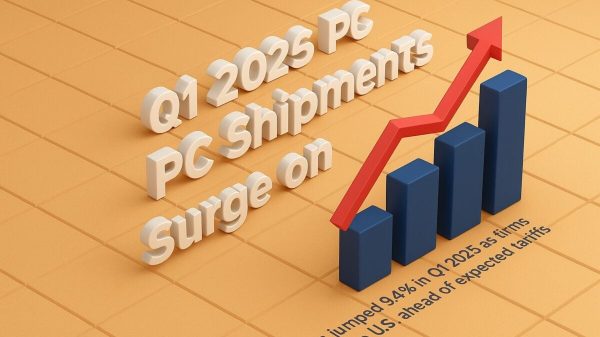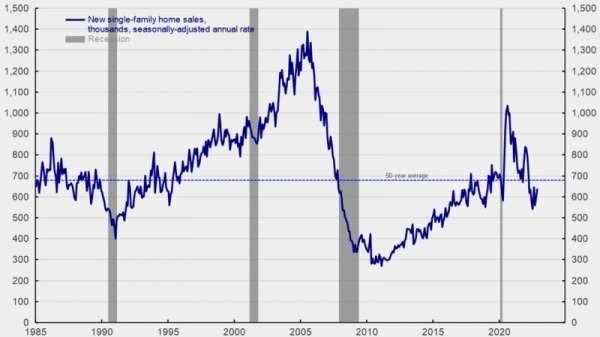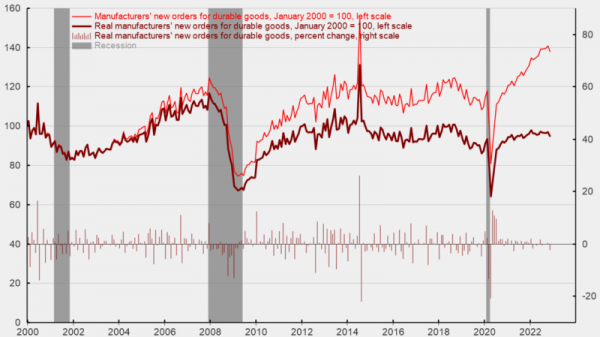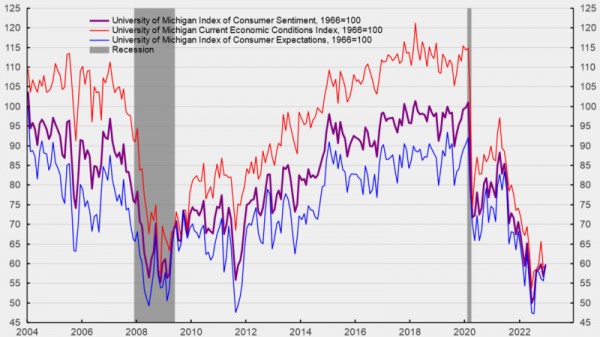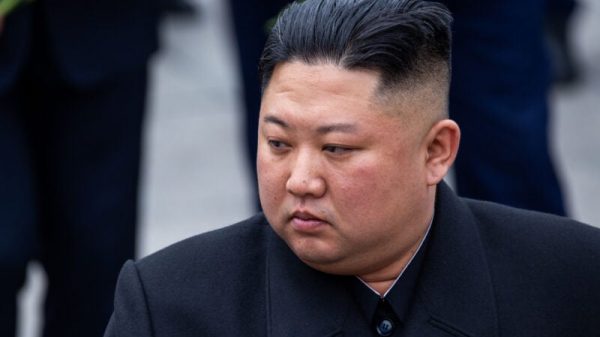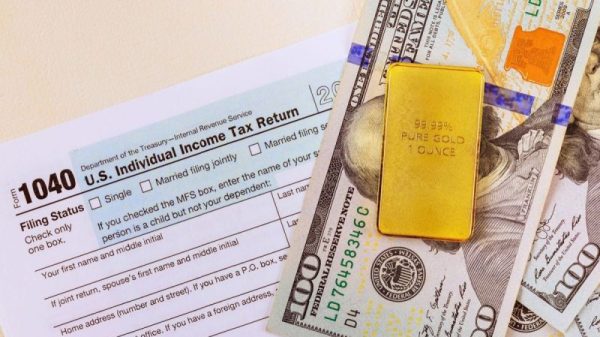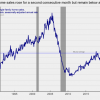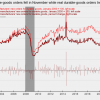President Donald Trump’s recent imposition of tariffs has sent ripples through Asian economies, affecting various sectors and financial markets. This article examines the winners and losers in Asia resulting from these trade policies.
Market Reactions
Following the announcement of tariffs on Canada, Mexico, and China, Asian stock markets experienced significant downturns. Export-dependent industries, particularly in Japan and China, faced substantial declines. Japanese automakers and Chinese e-commerce firms were among the hardest hit, reflecting investor concerns over potential disruptions in trade flows.
Currency Depreciation
The tariffs also impacted Asian currencies. The Indian rupee, for instance, fell past 87 to the U.S. dollar for the first time, reaching an all-time low of 87.1450 per dollar. This depreciation was attributed to a broader slump in Asian currencies and equities, stemming from fears of a potential trade war. 
Sectoral Winners and Losers
Losers:
Automotive Industry: Japanese car manufacturers faced significant stock declines due to their reliance on exports to the U.S. market. Technology Firms: Chinese tech companies, especially those involved in e-commerce, saw their stock values drop amid concerns over increased tariffs on electronic goods.Winners:
Alternative Manufacturing Hubs: Countries like Vietnam have benefited as companies seek to relocate production to circumvent tariffs. Vietnam’s economy has seen a boost from increased foreign investment, particularly in manufacturing sectors. Government Responses
In reaction to the U.S. tariffs, China has threatened to implement countermeasures, accusing the U.S. of violating World Trade Organization rules. The Chinese government emphasized its commitment to protecting national interests and urged the U.S. to engage in cooperative dialogue. 
Economic Outlook
Economists warn that the tariffs could lead to higher inflation and slower economic growth in both the U.S. and Asia. Former U.S. Treasury Secretary Lawrence Summers described the tariffs as a “self-inflicted wound” that may result in increased prices due to reduced supply. 
Conclusion
President Trump’s tariffs have had a profound impact on Asian economies, with export-dependent industries facing significant challenges. While some sectors and countries have found opportunities amid the shifting trade landscape, the overall effect has been increased uncertainty and economic strain across the region.
The post Impact of Trump’s Tariffs on Asian Economies appeared first on FinanceBrokerage.


